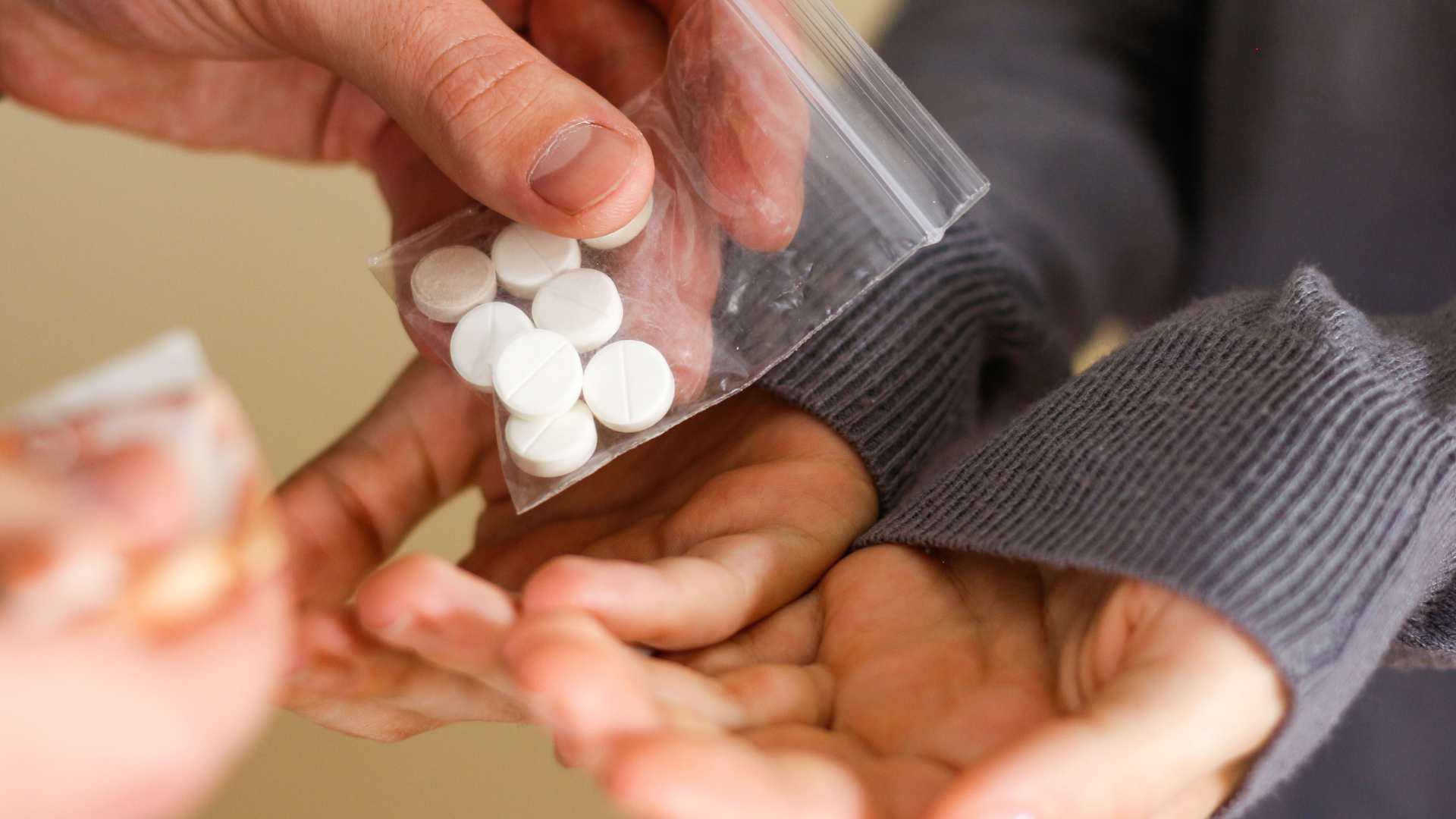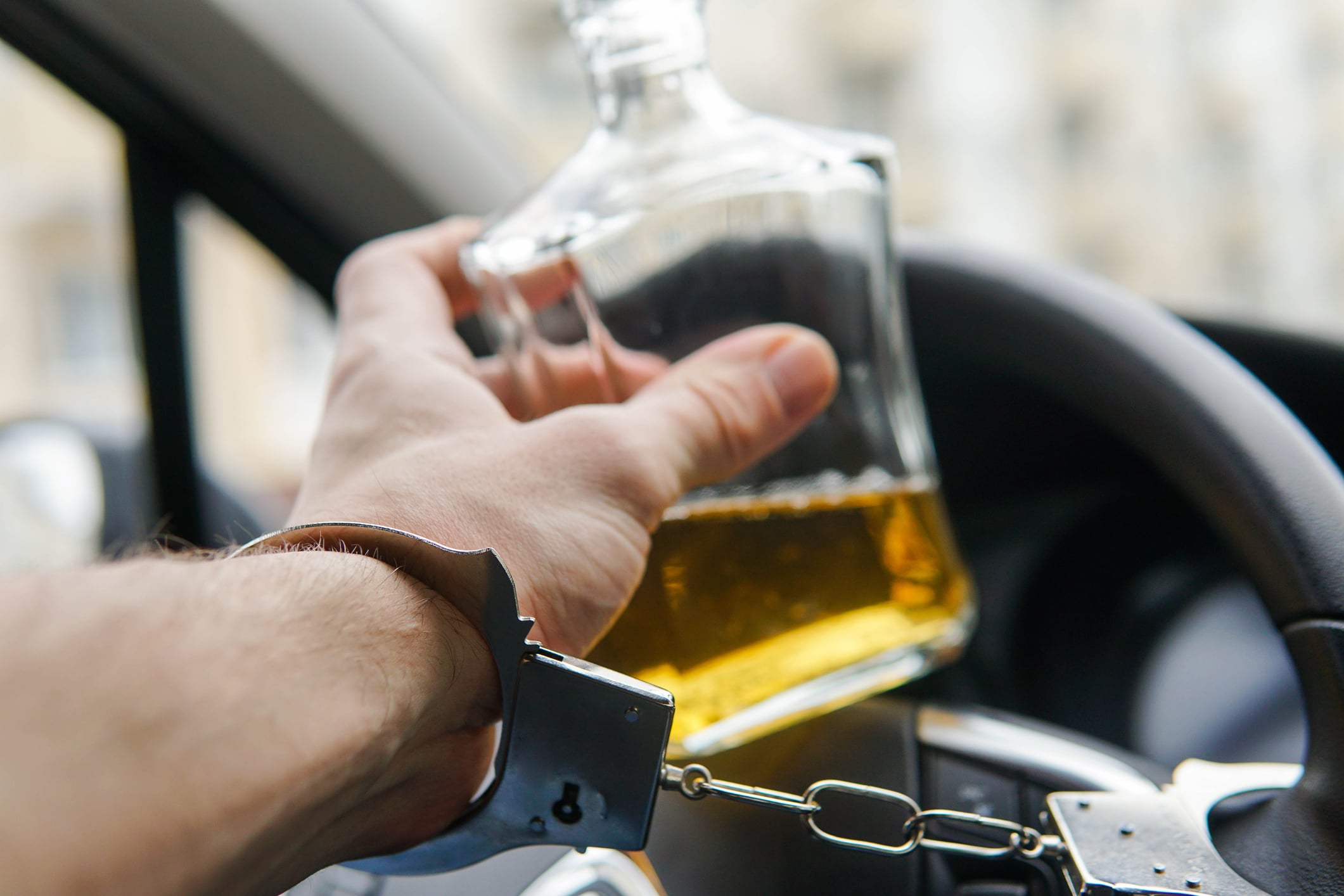DUIs are equal-opportunity arrests. They happen to everyone from tech billionaires to people bordering on homelessness. And all of them need qualified legal defenders.
As you’re sitting in jail after your DUI arrest, a lot of things are probably going through your mind. At the top of that list might be, “How am I going to afford a lawyer?”
It’s interesting that that’s the first cost of your DUI that springs to mind considering how many financial punches to the gut you’re facing.
- Fines and court costs
- Hours of community service
- Drug and alcohol risk reduction program costs
- License suspension for 12 months (could cost you work)
- License reinstatement fee
- Surcharges that can equal almost another 30% of the fine amount
- Increase in car insurance premiums, and that’s if your policy doesn’t get cancelled
- Monthly probation costs
- Interlock ignition device (IID) cost
- Loss of your job and income
- Inability to get another job and income due to your DUI
And while affording a qualified St. Augustine DUI attorney should definitely be on your list of things to think about, it should be put into the context of just how much money and how many headaches that qualified attorney is going to be able to save you.
Don’t Represent Yourself
The first thought that comes to mind when considering how to avoid expert DUI legal representation costs is representing yourself. After all, it might be a first offense and you might think the process and the punishments are all pretty cut and dry.
When you go into the courtroom and tell the judge you’re representing yourself, you can almost feel everyone eyerolling. It very rarely pans out well for the defendant and often results in a nuisance to the smooth operation of the court docket. In other words, you won’t win any fans this way.
You also make a sitting duck out of yourself. DUI is unlike any other area of criminal defense. It calls for a high degree of specialization, both in training and experience. It also calls for pre-existing knowledge of the DUI court players such as the judges and prosecutors. It requires specific scientific and technical elements related to blood alcohol testing and how alcohol and other substances effect the body.
There are many lawyers who will not handle DUI cases because they themselves don’t feel qualified. If they don’t feel like they can get a good outcome, what in the world chance do you have?
Don’t Base Everything on Price Alone
Do you want the cheapest lawyer you can find? Or do you want an experienced one with a great track record that’s going to get you out of as much hot water as possible? Way too many DUI defendants make the mistake of going with a friend of a friend’s cousin who said they’d “cut you a break on price.” It’s just too serious a charge with too many lifelong consequences to gamble with.
Court Appointed Defenders – Manage Expectations
Don’t get us wrong. There are truly some great, experienced, dedicated, and sincere public defenders. The problem is you don’t get to vet or choose them. And even the great ones will be the first to tell you they’re overworked. It’s not a good recipe for getting the best outcome possible out of your case.
That said, it is your right to be represented by an attorney. And if you can’t come up with any way to afford your own St. Augustine DUI lawyer, you can show the court some info about your income and prove you can’t afford representation. At that point, a free public defender will be appointed to your case. Their goal is usually to move the case along as quickly and effortlessly as possible for the court and themselves. They will “manage” your case, but don’t be disappointed if you don’t feel like they’re fighting for you.
How Lawyers Charge
Attorney fees come in all shapes and sizes and are established based on numerous variables. How experienced is the lawyer? Metro area or rural? How complicated is your case going to be? Lawyers charge in one of the following ways:
- Hourly – By far the most common. You’re charged for the time spent working on your case. This includes calls and emails with you. Portions of hours are billed for smaller tasks, so the work isn’t rounded up to the highest hour. There may be additional costs for things like copies, travel, mailings, legal research, expert witnesses, etc.
- Retainer – You pay a retainer for the case up front, then you’re charged hourly against that retainer, and it gets deducted as you go. If the case goes over the retainer amount, you start getting charged hourly.
- Flat Fee – Rare for DUIs and more common for standard services like bankruptcy filings and estate planning where the lawyer knows exactly what the job entails.
- Contingency Fee – The lawyer gets paid a percentage of a monetary case, but only if you win. Naturally, there’s nothing for a lawyer to gain from winning a DUI case other than being of good service to you, so this usually only happens in cases like personal injury where a settlement is possible.
- Pro Bono – The lawyer works for free as a charitable endeavor for low-income clients. If you want to find a pro bono lawyer, you can look at the American Bar Association’s list of pro bono programs in Florida. Many lawyers give free, 30-minute initial consultations, which helps both of you determine if the attorney is the right one for you and your case. You won’t get legal advice during this consultation, but you can get general questions on the law answered.
Ways to Pay
Cash Out of Pocket
If you can do it, nothing beats it. Side note: It’s one of many really good reasons to make sure you save and keep up an emergency fund for unexpected incidents like DUI arrests.
Credit Card
This lets you cover the costs then pay off the balance over time as you can. You’ll be charged interest on the balance, so the faster you pay it off, the more cost-effective. Shop around for the best credit card deals by checking out credit limits, interest rates, promotions, rewards, etc. If you can’t get a credit card because of your credit score, you can explore getting a “secured” credit card, in which you basically put up enough security that the bank isn’t taking a risk on you. Even if your credit card limit isn’t high enough to cover 100% your legal fees, it can still be part of a mix of payment sources.
Personal Loans
This is when a lender gives you one lump sum, which will be based on your credit and financial reputation. The amount, interest rate, fees, and payment terms all depend on how they evaluate you. The good thing about these loans is they’re often for more than what a credit card limit would be, and the interest rates are usually lower. The loan is paid back in monthly installments over a fixed period, not unlike how a mortgage or car loan works.
Personal Line of Credit
This is good for when you really can’t get a feel for how much you’re going to need to defend your case. It gives you access to money, but you only take that money out if and when you need it. And you’re only paying interest on the money you use.
Legal Payment Plans
Some lawyers will agree to and draw up their own over-time payment plan. But don’t get upset if they don’t. Law firms really don’t want to be in the loan management business. Some charge interest or a fee for that option, some don’t. Some will take a partial upfront payment then smaller installments over time, some won’t. Ask about this only if you can’t come up with any other way to pay. Obviously, if you can’t make the payments in a legal payment plan, you risk losing your representation right in the middle of your case.
Friends and Family
A very common source of financial help. These loans may even be interest free, or they may be straight-up gifts just to help you out. Stay cognizant that even though these are your family and friends, they don’t “owe” you anything, especially to get you out of something like a DUI. Be contrite, be gracious, and it helps if you visibly show them a real commitment to never getting into trouble like this again. Promises don’t hold much water. Also be warned that relationships can be damaged forever when the loaning or gifting of significant amounts of money occurs.
Crowdfunding
It’s a relatively new phenomenon but in some cases, for some things, it works. If you can “ignite” a sizable enough portion of the public that they’ll want to donate to help cover your legal costs, more power to you. But this is probably going to call for a unique and compelling story that either causes outrage or tugs heartstrings. Other downsides are fundraising in this manner takes time, and there is no way to tell how successful the campaign is or isn’t going to be.
Local Legal Aid Office or Nonprofit
Studies show that more than 75% of low-income and mid-income individuals have legal needs that can’t be addressed due to their financial situation. These nonprofits and services sometimes provide free legal help to those who can’t afford representation. You can visit the Legal Services Corporation to start your search. But be aware, DUIs aren’t the kind of things these groups are typically motivated to defend.
Being a Good Client Keeps Your Cost Down
Even after you’ve chosen your DUI lawyer and you feel good that they’re providing you the best defense possible at a reasonable cost, there are things you can do during the process to help keep those legal fees down.
You can be incredibly organized. Have all documentation laid out and labeled so the lawyer’s time isn’t wasted searching for what they need. And keep all calls and emails quick and to the point. You don’t want to pay for small talk or philosophical discussions or therapy sessions.
In short, your lawyer isn’t taking everything off your hands, you’re a team. The more productive help you can be in your own defense, the more cost effective your lawyer is going to be. But either way, you’ll come to find out they were worth every penny.
Don’t wait to shop around, get costs, and decide who your St. Augustine DUI lawyer is going to be should you need one. But just in case, go ahead and put the name and number of Shoemaker Law in your phone. 904-736-3387 .



